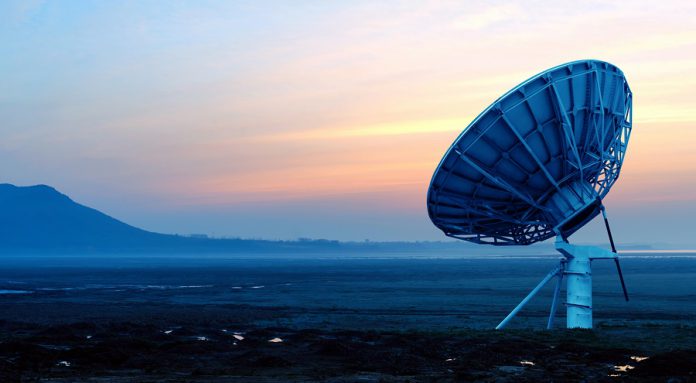Microsoft's White Spaces project wants to bring WiFi to 3.5 million people in rural India by utilizing white space frequencies from unused television spectrums. So far, the project has been a success, but it hasn't been without its hurdles.
In February, the Indian government asserted that it “will not provide any spectrum without auction and the only exception will be for the defense and the security establishments.”
State Bank of India
That hasn't stopped Microsoft, who is now in talks with State Bank of India officials on using the technology. According to Business Standard, Nadella himself has made contact.
“We are in talks with Microsoft (for white space). If they are willing to provide white space here, it will be very good,” said Dhananjaya Tambe, chief general manager of IT-operations at SBI to the publication.
The technology would allow for internet banking in rural areas with little or no connectivity. This could help users manage money and save trips to the branch. It could also help with government's push towards cashless financing.
Despite this, the safety of users is paramount:
“The security aspect of it is not established,” said deputy managing director Mrutyunjay Mahapatra to Business Standard, conceding,“We are hungry. In fact, Mr Satya Nadella is also talking with us for Wide-Fi.”
SBI is also trying radio frequency (RF) technology, which requires unhindered visibility to work. Microsoft's 100 Hz alternative could provide a valuable solution for more built up areas.
The Redmond giant has been testing its white space technology in Srikakulam in Andhra Pradesh since July of last year. The city is home to over 125,000 people and comes with a personal connection to Microsoft CEO Satya Nadella, who spent the first three years of his life there. Tests so far have been a success.
Whether or not Microsoft can allay security concerns remains to be seen. However, the interest of large Indian companies is definitely a win, and could signal a broader reach in the future.






